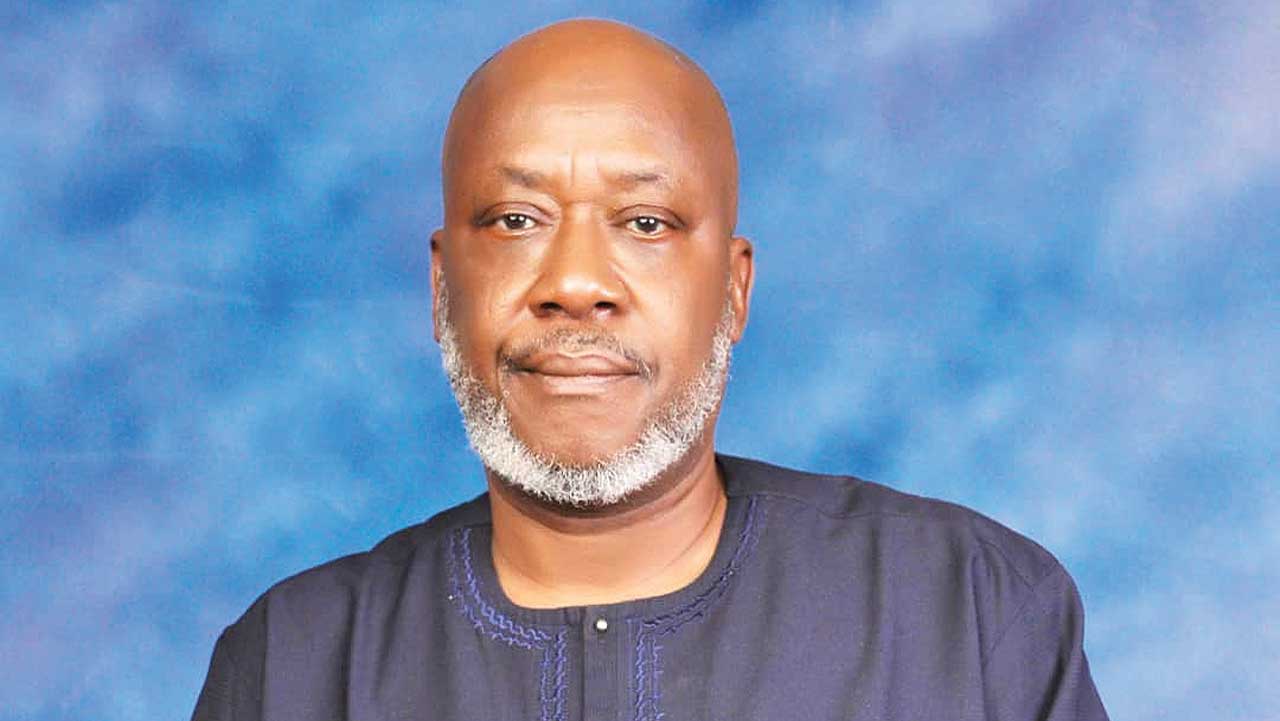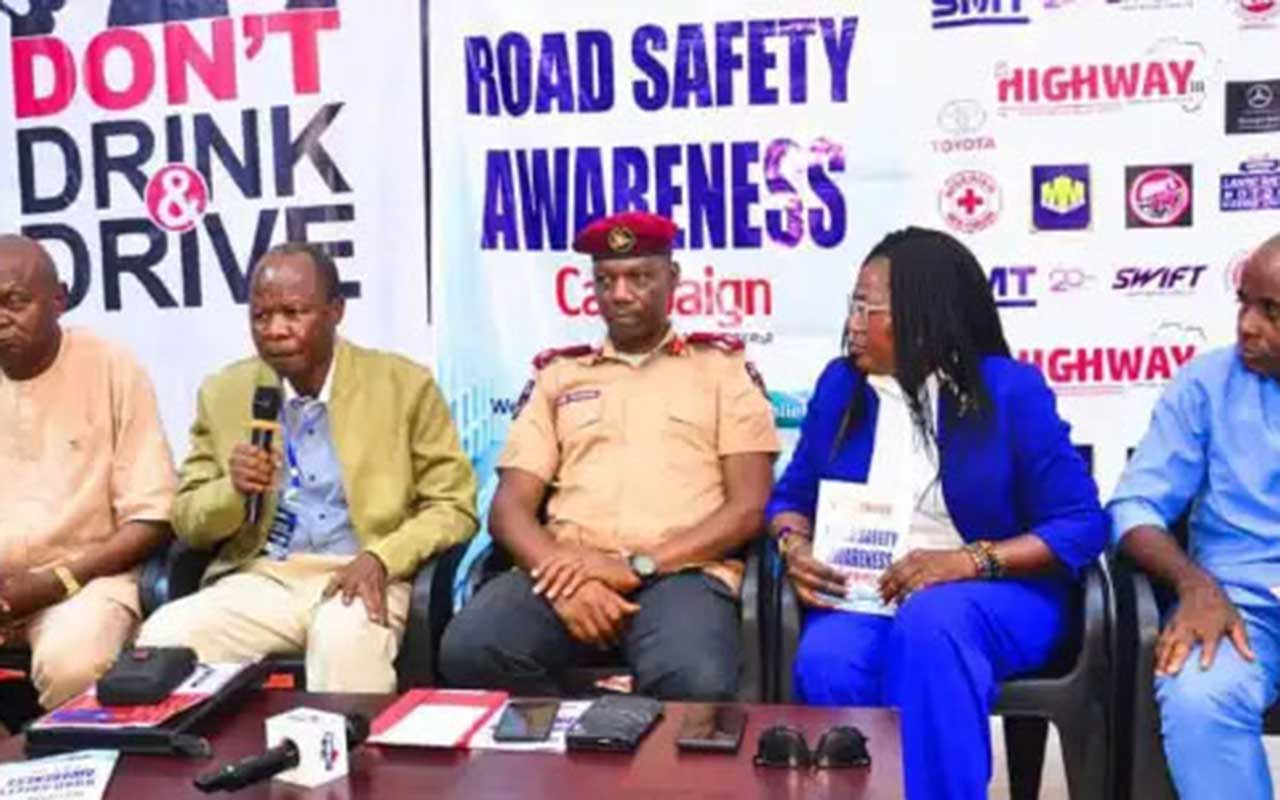Despite massive investments in rail infrastructure, vandalism, insecurity, and poor maintenance culture are threatening Nigeria’s modern railway dream, BENJAMIN ALADE reports.
The rising cases of vandalism, insecurity, and poor maintenance in Nigeria’s railway sector have become a national embarrassment and a significant economic setback.
When the Federal Government launched its railway modernisation plan about a decade ago, it was meant to signal a new dawn for transport and economic growth. The rail lines were designed to decongest highways, link industrial zones, and provide a cheaper mode of travel for millions.
For a while, the excitement was palpable. Passengers marvelled at the new trains on the Lagos–Ibadan corridor; businesses benefited from faster freight movement, and the Abuja–Kaduna line became a preferred alternative to the notorious expressway.
But today, that optimism is fading. The same tracks that once symbolised hope have become targets of vandalism and sabotage. From broken point machines to missing signal cables, the infrastructure is steadily being stripped apart.
According to the National Bureau of Statistics (NBS), more than 188 rail-related incidents have been recorded between 2020 and 2025 — many directly linked to vandalism by scavengers and organised criminal syndicates. Each attack tells a grim story of human negligence and weak enforcement.
A network under siege
A good example is the August 2025 derailment on the Abuja–Kaduna line, where 21 passengers sustained minor to severe injuries due to neglected equipment and unserviceable switches. This reveals a deep-seated structural failure within the Nigerian Railway Corporation (NRC) and other agencies responsible for monitoring operations.
Also, recently NRC Police Command arrested an alleged kingpin in Kaduna, recovering a trailer loaded with railway materials in Plateau.
In Kaduna, operatives apprehended the suspect around Rigasa, who confessed to purchasing stolen electrical cables belonging to the NRC at the rate of N90,000 from vandals.
His arrest followed intelligence reports of vandalism to electrical installations along the Mando–Rigasa corridor on October 14, 2025.
Also, in Plateau State, operatives of the Nigeria Police, Railway Command, intercepted a trailer conveying large quantities of railway materials along KM 822–823, Forom axis, in the early hours of October 14, 2025. The truck, which was abandoned by its driver who fled the scene, was successfully towed to the Jos Railway Police Station the next day.
The Nigeria Police said an investigation into the theft was ongoing to uncover and apprehend all individuals connected to the crime.
These and more are some of the cases that have put the safe operations of railways under siege. However, the management said it would not relent in returning the trains to a safe corridor.
The Managing Director of the NRC, Dr Kayode Opeifa, commended the Nigeria Police for its professionalism, intelligence-led operation, and swift action in handling recent incidents, especially the last two, where the police worked swiftly to apprehend the suspects and curb further damage.
Opeifa described the arrests and recovery as clear evidence of the renewed synergy between the corporation and security agencies in protecting critical railway infrastructure nationwide.
Additionally, in recent times, the NRC has condemned an upsurge in vandalism of rail electrical and signalling equipment and arrested two vandals in Kaduna in the process.
The NRC decried the increasing cases of vandalism of its electrical and signalling installations across the country, describing the trend as a major threat to safe and efficient train operations.
The corporation confirmed that two suspects were recently arrested in Kaduna for vandalising its equipment at the Rigasa Train Station area.
The suspects — Ibrahim Abdullahi, 22, of Hayi, Rigasa, and Sani Ibrahim, 24, of Layi Turaki, Rigasa — were apprehended by operatives of the Nigeria Police, Railway Command, attached to the Abuja–Kaduna Train Service (AKTS).
The arrest followed the discovery on October 10, 2025, at about 12:30 p.m. that a cable wire had been cut and removed from one of NRC’s cranes stationed within the Rigasa facility.
Acting swiftly on intelligence, the patrol team led by Assistant Superintendent of Police (ASP) Abdullahi Bwajin, Administrative Officer at Rigasa, traced and arrested the suspects.
This vandalism, among other challenges, experts say requires concerted efforts to curb by the Federal Government with plans in place to ensure proper monitoring of the facilities across the nation.
The industry analysts also stated that the train system needed to run optimally to avoid scavengers from attacking the rail lines, noting that railways that operate 24/7 would not attract any hoodlums vandalising them.
They further stated that the government needed to install cameras and Closed Circuit Television (CCTV) cameras to monitor the rail infrastructure, in conjunction with security agencies, to curb the theft of national assets.
Experts’ response
Professor of Transport and Logistics, Lagos State University, Samuel Odewumi, regretted that the country has lost its values.
He lamented that stealing is pervasive among the so-called poor and the rich, stressing that some still attempt to justify their action by attributing them to poverty.
“This is just not true. A thief is a thief; it is not poverty because indeed, the rich are the biggest thieves,” he said.
Odewumi proposed massive value reorientation for Nigeria as one of the solutions that the government must adopt to curb the menace.
According to him, the crime had become an endemic societal problem, which would require a long and sustained ethical campaign, noting that the challenge could not be resolved quickly.
He said in the short term, the solution is to enlist the local communities along the rail line in monitoring and reporting. Monthly stipends should be approved for them, and a dedicated phone line should be provided so they can call when they detect theft.
The transport expert declared that the theft was not just mindless, but a big racket for selling to big companies for smelting.
He said: “We should therefore adopt a pipeline protection model to deal with this dangerous and wicked nefarious act and intimate MD, NRC, Dr Kayode Opeifa, to deal with this squarely and not leave it to the overstretched security forces.”
Also, Professor of Transport Management and former Dean, School of Management Technology, Federal University of Technology, Owerri, Imo state, Callistus Ibe, said the people vandalising the railway infrastructure were not patriotic.
Ibe declared that railway infrastructure was critical equipment for national development, stressing that individual groups vandalising the infrastructure were sabotaging national development.
He, however, advocated for improved economic development and improvements in the standard of living of people to curb the increasing theft.
He also called for the adaptation of technology to monitor and surveil the involvement of local communities along the railway corridor.
Besides, Associate Professor of Marketing at Keele Business School, United Kingdom (UK), Dr Emmanuel Mogaji, said as an academic researcher grounded in transformative service thinking, viewed vandalism in Nigeria’s rail sector not merely as an act of crime, but as a symptom of service system failure.
Mogaji, who also serves as a transport service researcher, said that when communities feel excluded from the value network of public transport, they disengage from co-creating and protecting that service.
He decried that the rail system, which is intended to enhance mobility, inclusion, and national development, had become fragmented by social and economic disconnection.
In a bid to address vandalism effectively, he proposed repositioning the rail sector as a service ecosystem, where government agencies, private operators, communities, and commuters each play interdependent roles in sustaining value.
He said empowering citizens through community engagement, job creation, and inclusive participation transforms them from passive observers into active custodians of public infrastructure.
The professor noted that there was a need to build awareness that rail infrastructure was a public good linked to local economic opportunities and growth.
Mogaji said policymakers also needed to move beyond punitive measures to systemic solutions, rooted in empathy, shared responsibility, and sustainable value creation.
“The rail sector can only thrive when it truly serves and includes the people it was built for,” he added.
Besides, a rail expert, Segun Esan, said it was most unfortunate that Nigeria’s level of desperation and sophistication in crime was alarming at this time in our national life.
Esan emphasised that the high rate of theft against rail infrastructure could not have been imagined 30 years ago.
He described the Nigerian railway as a microcosm of Nigeria’s economy, a miniature Nigeria, noting that any vandalism to the rail infrastructure was a direct vandalism of Nigeria as a nation.
“This is why all hands must be on deck to not only curb this menace, but stop it outright through certain approaches,” he added.
Esan, a former Secretary General of the Nigeria Union of Railway Workers (NUR), stated that the major root cause of this infamous act of vandalism on rail tracks by some unscrupulous elements in society must be addressed by all.
According to him, beyond the foregoing, the Federal government must be ready to apply a multifaceted cure to this menace and national embarrassment.
He proposed the adoption of technology, improved host community-railway relations, and unrelenting public advocacy, along with fierce enforcement against anyone caught in the act, as some of the solutions to the increasing theft and vandalism of railway property.
“It is disturbing and painful that it’s only in Nigeria you see billions of taxpayers’ money being used to build a railway track with no technology-driven safety apparatus in place to secure the tracks.
“Of what benefit is it to build a railway and leave it at the mercy of vandals and petty criminals just because the government or the management of the Nigerian Railway Corporation forgot to put technology-based safety architecture in place? What happened to the use of drones and CCTV cameras to monitor activities around the track corridors?
“What does it cost to put track monitoring systems in place? What’s wrong in deploying security agencies to strategic areas across the length and breadth of the railway system to monitor and to enforce the dictates of the law against anyone who engages in track vandalisation?” he queried.
To serve as a deterrent, Esan advocated for capital punishment through the legal process against anyone caught vandalising railway assets.
“What’s the whole Command of Nigeria Police and Civil Defence Corps doing that they are not on top of this menace with a view to subduing it, ” he queried.
Esan said again that the railway tradition of recruiting patrolmen, lengthmen, and gangers from host communities must be reactivated so as to give the natives of the host community a sense of ownership of the railway assets within their community.
However, above all, he said the track must be ever busy to keep vandals away from tampering with the track.
According to him, if trains move up and down regularly in all directions on the tracks, nobody would be so confident to confront a moving train, and he appealed to the government to make railway tracks hubs of operational activities to prevent the looting spree.
He said to maintain and sustain train activities on the tracks, the Federal Government should stop paying lip service to railway privatisation, unbundle the Nigerian railway by stopping NRC’s monopoly and encourage private investors into the sector.
He also urged the government to rework the statutory Act of Parliament of 1955, otherwise referred to as the Nigerian Railway Act, which confers a monopoly on railway business on NRC and creates a level playing field for private investors.






